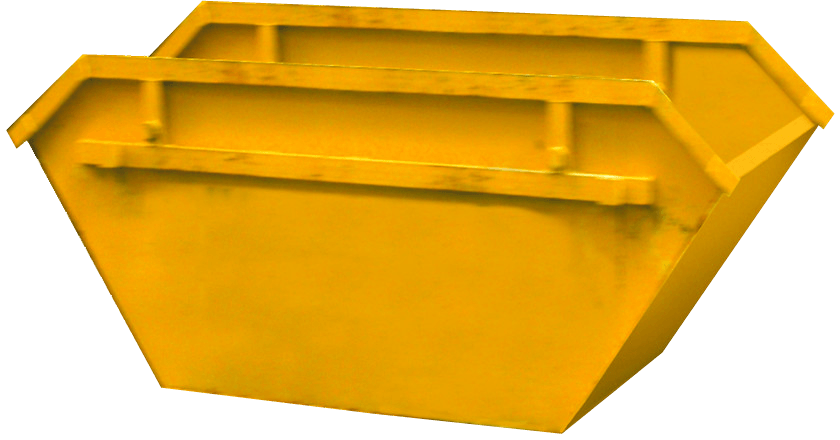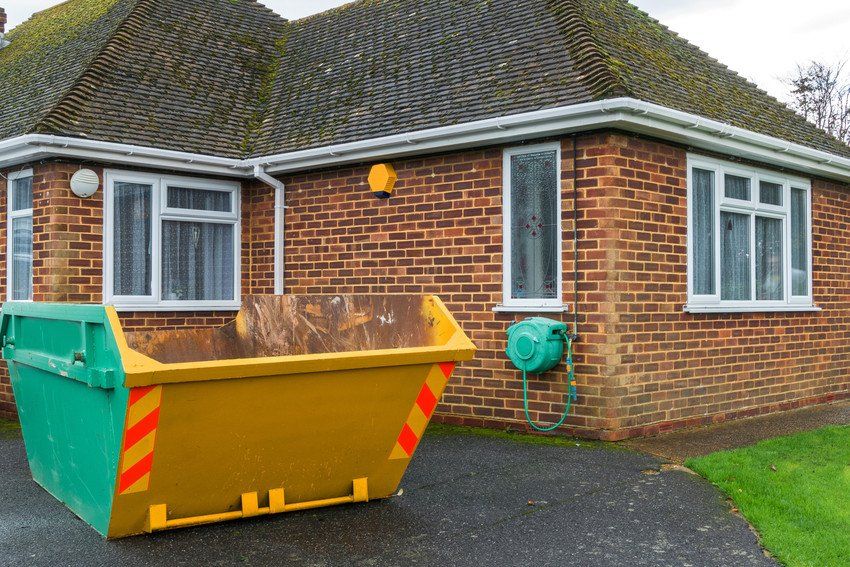Professional driveway installation from a trusted and accredited contractor is a great way to improve curb appeal and raise the value of your property.
But for all the benefits of a quality driveway, you don’t want to give yourself the added burden of constant driveway maintenance. Instead, you can make your life easier by installing a low-maintenance driveway.
To help you make your decision, here are our top recommended materials for low-maintenance driveways.
Tarmac – short for tarmacadam – is a mix of crushed aggregates and tar that’s laid with a vibrating roller to produce a smooth surface. It’s a durable, weather-resistant driveway surface material that’s less prone to cracking and deterioration compared to materials like block paving.
A broom, brush, hose and basic cleaning products are all you need to keep tarmac driveways in good shape.
Simply sweep away surface debris, then apply diluted detergent or a tarmac-specific cleaner to the whole area and scrub with a stiff brush. Finish up by rinsing with water and enjoy a clean, well-maintained tarmac driveway.
Be aware that oils and chemicals can damage tarmac driveways. If you notice spills, scrub vigorously with an oil-removing product and rinse with water.
For full protection, it’s recommended that you sealcoat your tarmac driveway every 3-5 years. This will protect it from sun damage, chemicals and lingering rainwater.
If you notice cracks or potholes in your tarmac driveway, fill them in right away to prevent further damage.
You can fill these holes with a tarmac patching compound or cold-lay tarmac. But if you’re not confident in your DIY driveway repair skills, contact Hazell & Jefferies Ltd for fast and affordable tarmac driveway repair.
Asphalt is a more modern variation of tarmac that replaces tar with bitumen, a by-product of petroleum distillation. This results in a smoother surface and finish that increases tyre grip for better safety.
When used over a large area, asphalt paving is quite cheap. But if you’re laying a small asphalt driveway, you might need to pay a little more compared to tarmac.
Maintaining asphalt driveways is much like maintaining tarmac driveways. But they require even less effort to keep in great shape!
To keep your asphalt driveway clean, simply follow the instructions given for tarmac driveways above. Be aware that asphalt is porous. So any oil spills and tougher stains should be cleaned immediately to prevent deterioration.
You should also avoid using salt or chemical-based deicers on your asphalt surface, as their highly corrosive nature can cause serious damage.
Otherwise, the biggest risk to asphalt driveways is standing water, which can quickly lead to cracks and potholes.
If you hire an experienced asphalt driveway contractor like Hazell & Jefferies Ltd, they’ll install proper drainage as part of your service. That way, you can be confident that your asphalt driveway is safe against heavy rain.
Seal your asphalt driveway every 2-5 years for maximum durability.
If you see signs your asphalt driveway needs repair, don’t panic. You can fill cracks easily and cheaply using a crack sealant solution from your local home improvement store.
For larger gaps and potholes, it’s best to contact your local driveway surfacing contractor.
Resin driveways use a combination of aggregates and clear UV-stable polyurethane resin.
There are two main types of resin surfacing for driveways:
As you might expect, resin-bonded driveways and resin-bound driveways require slightly different approaches to maintenance.
To maintain a resin-bonded driveway, sweep away dirt and debris, use a degreaser mix to remove oil stains and pressure wash to remove stubborn stains and grime. Just be sure not to use a high pressure, as this could cause surface stones to come loose.
As for resin-bound driveways, you can pressure wash freely since the stones are sealed within the mixture. This type of surface is somewhat prone to tyre marks if you turn the wheel of a stationary vehicle on the driveway. If marks occur, clean carefully with diluted hydrochloric acid or a proprietary cement remover, then rinse thoroughly with clean water.
Resin-bonded driveways are much easier to repair than resin-bound driveways.
If you notice cracks in your resin-bonded driveway, simply fill them in with replacement resin and cover with a matching aggregate mix.
But if your resin-bound driveway is damaged, you’ll need to chisel out the damaged area and relay it with the same aggregate compound to ensure the new section matches the old. In this case, it’s best to get in touch with the contractor who originally laid the surface.
Homeowners and business owners throughout Oxfordshire, Berkshire, Reading and the wider UK come to Hazell & Jefferies Ltd for fast and affordable low-maintenance driveways.
Our team is fully accredited with over 50 years’ experience, meaning you can expect a premium service every time. As well as installing a range of low-maintenance driveways, we also provide maintenance and repair service to keep your surface in top shape.
Contact us today to arrange low-maintenance driveway installation for your home or business property.

